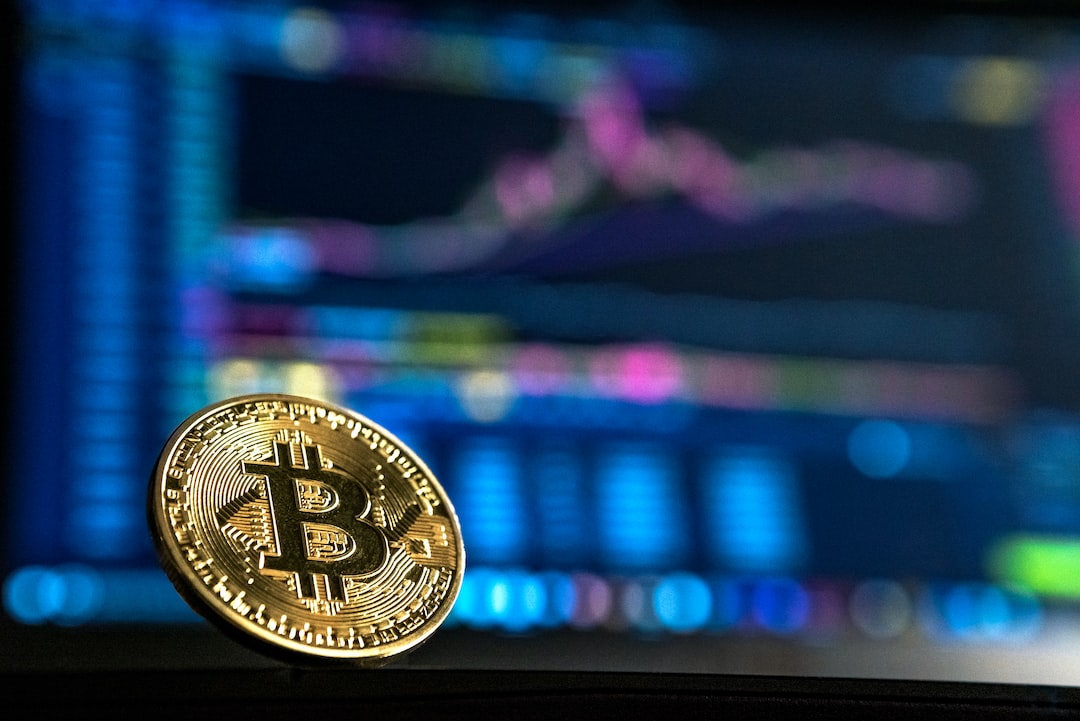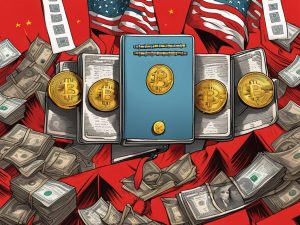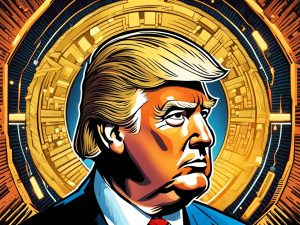Venezuela Decides to Discontinue Petro Cryptocurrency
The Government of Venezuela has made the decision to end its Petro (PTR) cryptocurrency, which was launched six years ago as a response to U.S. sanctions. Starting on January 15, all crypto wallets on the Patria Platform, the sole trading platform for Petro, will be deactivated. The government has announced that all Petro holdings will be converted into Bolivars, the local currency.
End of Petro Confirmed Amid Corruption Scandal
The discontinuation of Petro comes after a corruption scandal involving the cryptocurrency. Last year, irregularities in managing funds from oil operations tied to crypto assets were exposed. This led to the resignation of the Petroleum Minister and the arrest of several officials, including top management at the crypto regulator.
Crackdown on Bitcoin Mining Operations
The fallout from the corruption scandal extended beyond Petro and resulted in a crackdown on Bitcoin mining operations in Venezuela. This move had significant implications as Bitcoin has been a popular hedge against hyperinflation and the devaluation of the Bolivar in the country.
Reasons Behind Ending PTR
Petro was launched with the aim of utilizing Venezuela’s petroleum reserves as a financial solution and easing economic strain caused by U.S. sanctions. However, citizens faced difficulties in understanding and using the cryptocurrency, leading to skepticism and labeling it as a scam. Efforts to increase its utility in 2020 were not successful, and its primary application remained limited to specific state operations.
Petro’s Downfall and Limited Exchange Options
Petro’s downfall was further signaled by the government’s directive for banks to present their balances in both Bolivars and Petros. On the Patria Platform, users could only exchange Petro for Bolivar through an auction system. This limited its practicality and adoption.
Hot Take: The Demise of Petro Marks the End of an Ambitious Crypto Venture
The discontinuation of Petro in Venezuela highlights the challenges faced by governments when launching and promoting their own cryptocurrencies. Despite President Maduro’s vision and the backing of petroleum reserves, Petro failed to gain traction and faced a corruption scandal that further damaged its reputation. The limited utility and exchange options also hindered its widespread adoption. This serves as a cautionary tale for other countries considering similar ventures, emphasizing the importance of effective implementation, education, and transparency in cryptocurrency projects.





 By
By
 By
By
 By
By
 By
By
 By
By
 By
By